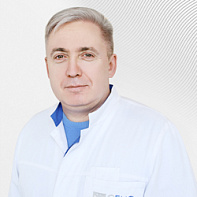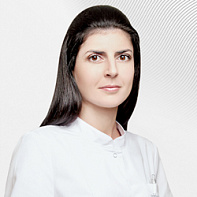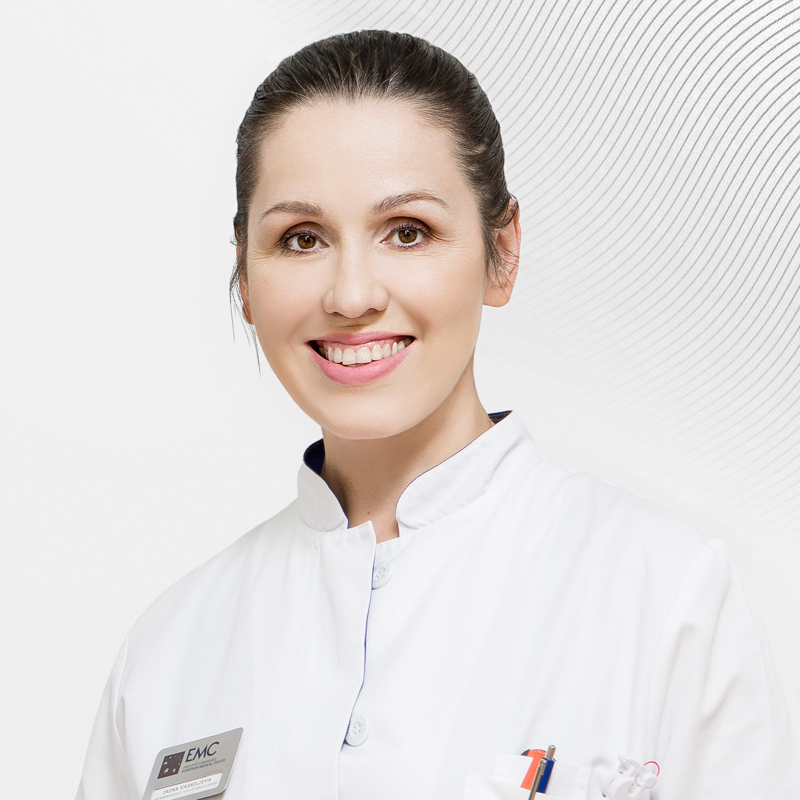Laboratory diagnostics
The capabilities of the EMC morphological laboratory allow conducting genetic tests for women at risk of developing cancer (hereditary factor), as well as histological and immunohistochemical studies of biopsy and surgical material.
Routine and emergency histological and cytological examinations are carried out in the laboratory, which makes it possible to achieve maximum effectiveness in the diagnosis and treatment of breast diseases.Cytological examination of liquid material.
Performed for the purpose of:
-
Exclusion/confirmation of atypical and malignant cells in the aspirate from the liquid formation of the breast (for example, cysts or postoperative seroma);
-
In case of inflammation, in order to exclude bacterial flora;
- For women with implants (with fluid accumulation around the implants) in order to exclude implant-associated lymphoma (BIA-ALCL is a type of non-Hodgkin's lymphoma that develops in a connective tissue capsule (the capsule appears after the implant is inserted, as an organism's reaction to a foreign body) surrounding the implant, and it most often manifests itself as an accumulation of fluid around the implant).
Histological and immunohistochemical studies of biopsy and surgical material. In the Mammology Clinic, intraoperative histology is possible – an urgent histological examination of the material, which within 25 minutes gives an idea of the nature of the tumor (malignant or benign) and allows you to determine the scope of surgical intervention. Thanks to this study, it is possible to completely remove the area affected by the tumor and reduce the risk of recurrence.
In 2014, the EMC Pathology Laboratory received the highest ratings from the independent quality control organization for immunohistochemical research NordiQC based on the results of breast cancer diagnosis.
Genetic diagnosis.
The EMC has the opportunity to consult a medical geneticist, after which the necessary genetic analysis will be selected in order to determine a predisposition to breast and ovarian cancer.
The test for BRCA 1,2 gene mutations is most often prescribed :
-
if relatives have a positive BRCA1,2 test;
- with a burdened family history of breast cancer (two or more female relatives with breast cancer under the age of 50 and three or more at any age) ;
-
early onset of the disease (up to 40 years and younger);
-
multiple forms of a tumor in one breast or in both mammary glands;
-
if a woman has both breasts and ovaries affected;
-
breast cancer in men;
-
with triple negative breast cancer;
- in case of combined cancer (for example, pancreatic and ovarian cancer).
Doctors


.jpg)



- Multimodal specialist in the diagnosis of breast diseases and minimally invasive interventions in mammology
- He is engaged in scientific and clinical work, has extensive experience in minimally invasive breast diagnostics, knows all methods of breast biopsy under stereotactic, ultrasound and MRI control, performs vacuum removal of breast formations
- Member of the European Society of Radiology (ESR)




